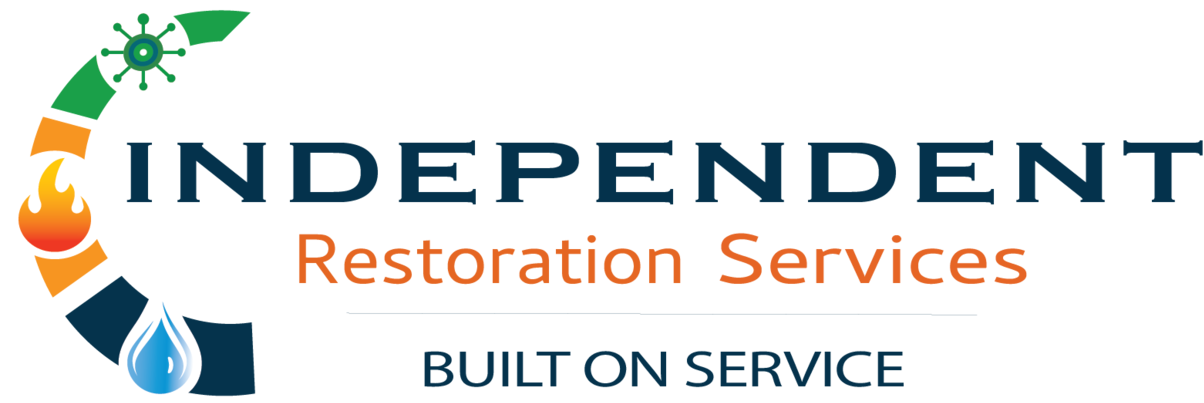Chicago’s harsh winters and dramatic temperature swings create perfect conditions for water damage in homes and businesses. Understanding how the city’s unique climate affects your property can help you prevent costly damage and know when to seek professional help.
Table of Contents
The Chicago Climate Challenge
Chicago experiences some of the most extreme temperature variations in the United States. According to the National Weather Service Chicago, the city can see temperature swings of 50+ degrees within 24 hours during winter months. This freeze-thaw cycle wreaks havoc on buildings throughout the metropolitan area.
The City of Chicago’s Department of Water Management reports that frozen pipe incidents spike by 300% during severe cold snaps, particularly in neighborhoods with older infrastructure like Lincoln Park, Wicker Park, and areas along the North Shore.
Common Water Damage Scenarios in Chicago
Frozen and Burst Pipes
Chicago’s sub-zero temperatures regularly cause pipes to freeze and burst, especially in:
- Basements and crawl spaces
- Exterior walls facing Lake Michigan
- Older buildings constructed before modern insulation standards
When pipes burst, immediate action is crucial. Professional water damage restoration services can prevent secondary damage like mold growth and structural issues.
Ice Dam Formation
Chicago’s heavy snowfall combined with temperature fluctuations creates ice dams on rooftops. These ice formations prevent proper drainage, causing water to back up under shingles and into homes. The Illinois Emergency Management Agency provides guidelines for ice dam prevention, but when damage occurs, professional intervention is often necessary.
Basement Flooding
Chicago’s aging sewer system, managed by the Metropolitan Water Reclamation District of Greater Chicago, can become overwhelmed during rapid snowmelt or heavy spring rains. Areas like Albany Park, North Center, and parts of the South Side are particularly vulnerable to basement flooding.
Chicago-Specific Prevention Tips
Neighborhood Considerations
Different Chicago neighborhoods face unique challenges:
- Lakefront properties: Higher humidity and wind-driven moisture
- River North/Loop: Older high-rises with aging plumbing systems
- South Side: Areas with combined sewer systems prone to backups
- Northwest suburbs: Properties built on clay soil with drainage issues
City Resources and Regulations
The Chicago Department of Buildings requires specific plumbing codes for new construction and renovations. Property owners should familiarize themselves with:
- Backflow prevention requirements
- Sump pump installation guidelines
- Basement waterproofing standards
When to Call Professionals
Water damage restoration should begin within 24-48 hours to prevent mold growth and structural damage. Chicago’s high humidity levels, especially near Lake Michigan, accelerate the growth of mold and mildew.
Professional water damage restoration services include:
- Emergency water extraction
- Structural drying and dehumidification
- Mold prevention and treatment
- Insurance claim assistance
Working with Chicago’s Insurance Requirements
Illinois law requires specific documentation for water damage claims. The Illinois Department of Insurance provides resources for homeowners filing claims. Professional restoration companies familiar with local requirements can help navigate the claims process and ensure proper documentation.
Climate Change Impact on Chicago Water Damage
Recent studies by the Chicago Climate Action Plan indicate that extreme weather events are becoming more frequent. This includes:
- More intense spring flooding
- Increased freeze-thaw cycles
- Higher precipitation levels
Property owners should consider these trends when planning preventive measures and maintenance schedules.
Emergency Preparedness
The Chicago Office of Emergency Management recommends that all property owners have an emergency plan that includes:
- Location of main water shut-off valves
- Contact information for emergency restoration services
- Documentation of valuable items for insurance purposes
Conclusion
Chicago’s unique climate presents ongoing challenges for property owners. By understanding local conditions, utilizing city resources, and working with experienced professionals, you can protect your property from water damage. When damage does occur, quick action and professional water damage restoration services are essential for minimizing long-term impacts.
For immediate assistance with water damage in the Chicago area, contact our certified restoration specialists who understand the specific challenges of Illinois weather and local building requirements.
